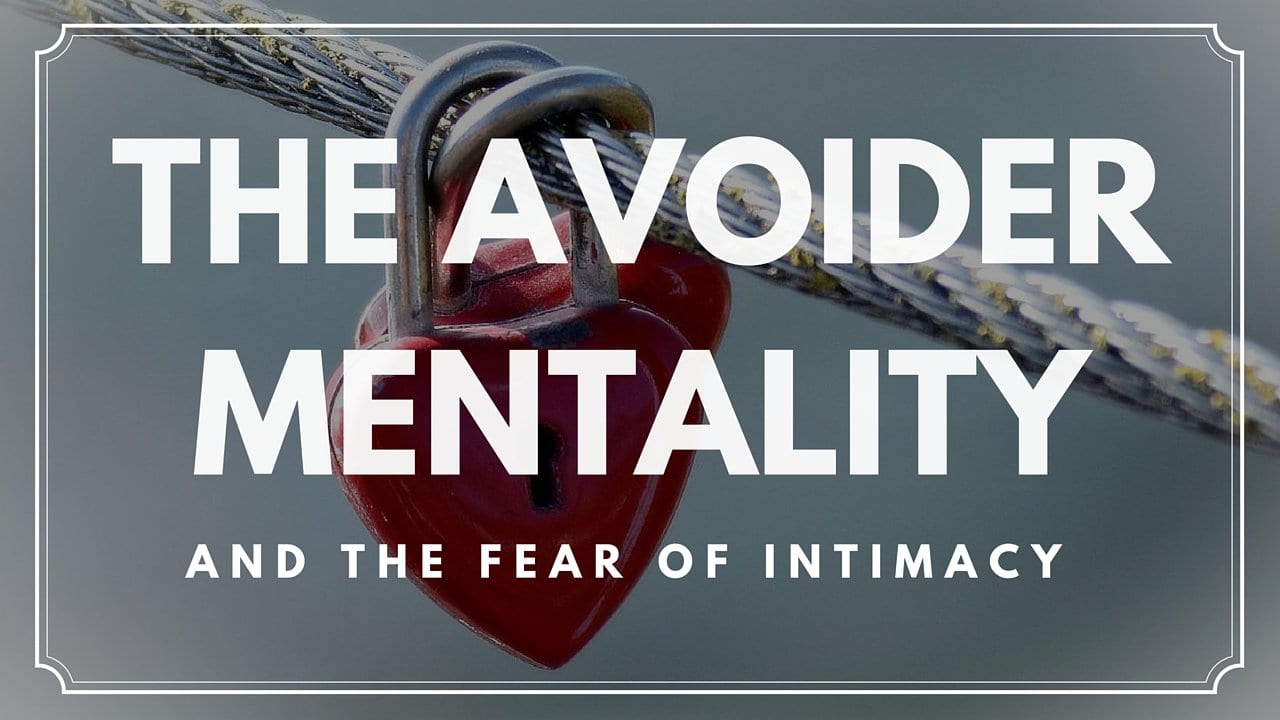Why Do People Lie About Their Relationships?
In the world of relationships, honesty and transparency are often considered the bedrock of trust and emotional connection. However, it is common for people to hide the truth or even lie about certain aspects of their relationships. Whether it’s due to fear of judgment, insecurities, or the desire to maintain an image, lying about a relationship can have serious consequences. In this article, we will explore the different ways people lie about their relationships, the reasons behind such lies, and practical tips on how to navigate these situations.
1. The Social Media Lie: Perfect Online Image
Example: The “Happy Couple” Facade

One of the most common lies people tell about their relationships is creating a false, perfect image on social media. Couples often post pictures of themselves in idyllic settings, share over-the-top romantic messages, and flaunt milestones like anniversaries or vacations to create the illusion of a perfect relationship.
This type of lie is rooted in the desire for validation and approval from others. Couples may feel pressured to portray a flawless relationship, fearing that the reality may not meet social standards.
Practical Tip:
If you’re feeling the pressure to showcase an idealized version of your relationship on social media, take a step back and ask yourself why you feel the need to do so. Focus on building authentic connections rather than seeking external validation. Be mindful of the image you project online and remember that behind every “perfect” photo, real struggles exist.
2. The “Everything is Fine” Lie: Covering Up Conflict
Example: Pretending No Issues Exist

Another common way people lie in relationships is by claiming everything is fine when, in reality, there may be underlying issues such as constant arguments, emotional distance, or unresolved conflicts. This lie is often told to avoid confrontation or out of fear that the truth might lead to a breakup.
People in this situation might downplay their struggles, telling their friends or family that everything is okay when they know deep down that it’s not. This lie is particularly damaging because it prevents couples from addressing issues head-on.
Practical Tip:
Avoid the “everything is fine” lie by practicing open communication in your relationship. If something is bothering you, it’s important to address it calmly and constructively. Recognize that healthy relationships require honesty, and it’s okay to express discomfort or dissatisfaction. Don’t be afraid to seek therapy or professional help if the issues are too overwhelming to handle on your own.
3. The “Perfect Match” Lie: Overstating Compatibility
Example: Faking Complete Compatibility

Some people lie about how perfectly compatible they are with their partner, often to satisfy societal expectations or impress others. They might embellish how well they get along, pretending that every little quirk of their partner is adorable or that they never have disagreements.
This lie is harmful because it sets unrealistic expectations about what relationships should look like. No relationship is free from conflicts or differences, and pretending that there’s nothing but harmony can create tension in the long run.
Practical Tip:
Acknowledge the differences between you and your partner as part of what makes your relationship unique. Instead of pretending that everything is perfect, focus on how you work together to navigate challenges. Embrace the ups and downs, as they are part of any healthy, long-term relationship.
4. The “We’re Just Friends” Lie: Concealing Emotional or Physical Infidelity
Example: Downplaying a Close Relationship with Someone Else
In some relationships, one partner may lie about their level of emotional or physical intimacy with another person. They might insist that they are “just friends” with someone they’ve been spending a lot of time with, when in reality, the boundaries of the relationship have crossed into emotional or even physical infidelity.

This type of lie is often told to avoid upsetting the other person, but it can cause severe damage to the trust within the relationship if discovered.
Practical Tip:
If you find yourself in a situation where you are developing emotional or physical intimacy with someone outside of your relationship, be honest with yourself and your partner about it. Set healthy boundaries with others and prioritize your relationship. Avoid situations that can lead to temptation and always be transparent about your actions.
5. The “I Don’t Need Anyone” Lie: Pretending Not to Need Emotional Support
Example: Claiming Independence to Avoid Vulnerability

Some people lie about their emotional needs by claiming they don’t need help or support from their partner. They might pretend to be completely independent, even when they feel lonely or vulnerable. This can happen because they fear appearing weak or dependent.
However, emotional needs are a natural part of any relationship, and denying them can lead to isolation and misunderstandings.
Practical Tip:
Allow yourself to be vulnerable and communicate your emotional needs to your partner. Instead of pretending you don’t need support, embrace the opportunity to grow closer through mutual care and understanding. Vulnerability is a strength, not a weakness.
6. The “I’ve Changed” Lie: Claiming Transformation Without Action
Example: Promising Change Without Real Effort
In some relationships, one partner may lie about their efforts to change for the better, whether it’s quitting bad habits, being more attentive, or becoming more emotionally available. They might promise change without actually following through. This lie often emerges when one partner feels they are falling short but doesn’t want to disappoint their significant other.
Practical Tip:
If you find yourself making promises to change, ensure that your actions back up your words. Change requires consistent effort and should be visible over time. Instead of just making promises, create a clear plan with your partner for the improvements you want to make together.
7. The “We’re Still in Love” Lie: Avoiding Breakup Conversations
Example: Faking Love to Avoid Heartbreak
Some individuals might lie about still being in love with their partner because they don’t want to hurt them or face the reality of a breakup. They might go along with the motions, pretending everything is as it was, to avoid the painful conversation of ending the relationship.
Practical Tip:
If you’ve outgrown the relationship or no longer feel in love, it’s important to have an honest conversation with your partner. Avoid stringing them along with false hopes, as this can prolong the pain for both parties. Be respectful and compassionate during the breakup process.

Conclusion: The Dangers of Lying About Your Relationship
Lying about your relationship, no matter the reason, can have significant consequences. It can erode trust, cause emotional damage, and ultimately lead to the breakdown of the relationship. Instead of hiding behind lies, embrace honesty, vulnerability, and open communication with your partner. Building a relationship based on truth and mutual understanding is the key to long-term success and happiness.
This in-depth article should serve as a guide to understanding the different ways people lie in relationships, why they do it, and how to navigate and avoid these lies for a healthier, more transparent partnership.
